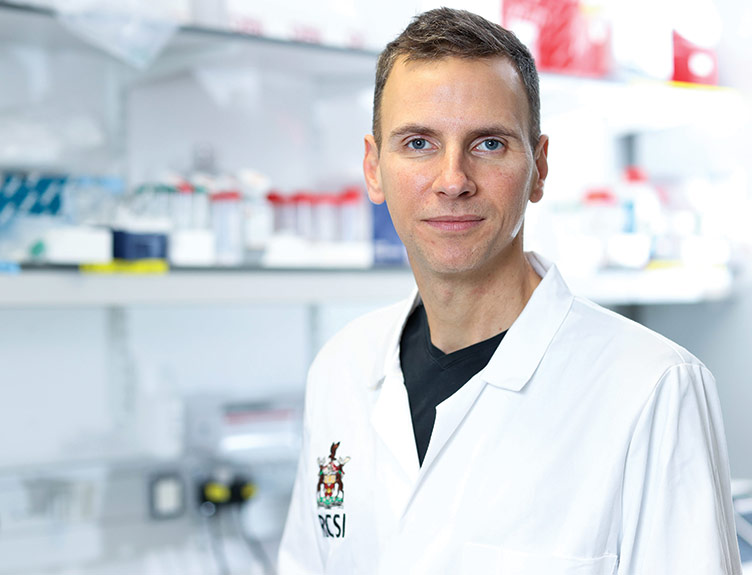Ireland among top countries globally for reliance on foreign doctors

Ireland’s increasing need for doctors is mainly being met by employing foreign-trained doctors, according to a new report from the RCSI Health Workforce Research Group.
Despite achieving self-sufficiency, through graduating approximately 700 Irish doctors annually from the six medical schools in Ireland, the percentage of Irish doctors on the Medical Council register continues to fall. While the number of new entrants to the register doubled between 2012 and 2015, the numbers of graduates from outside Ireland who joined the register accounted for two thirds of all new registrants in 2015.
Africa contributes the highest number of doctors with 28% and Pakistan supplies more than 20% of Ireland’s foreign-trained doctors. An important new pattern is the growth in the numbers of doctors trained in other European Union (EU) countries, which now represent 20% of foreign trained doctors. Graduates of medical schools in Romania, Hungary, Poland and the Czech Republic included not only nationals from these countries, but many non-EU nationals and a significant number of Irish nationals.
This new analysis, which summarises Medical Council registration trends, alongside data from the HSE’s National Doctor Training and Planning unit, also profiles the nationalities and countries of training of non-consultant hospital doctors (NCHDs) working in Irish hospitals. While the numbers of NCHDs increased between 2011 and 2015, most of these were recruited to non-training posts. This means that efforts to put in place a specialist-delivered-health service are being undermined.
The report states that the systemic drivers of this growing medical workforce crisis include: i) high rates of emigration among graduates of Irish medical schools, attracted by better working conditions, training and career opportunities in other English speaking countries; ii) the need to be compliant with the European Working Time Directive, which restricts hospital doctors’ working week; and iii) increasing demand.
According to Prof. Ruairi Brugha, RCSI Head of the Department of Epidemiology and Public Health Medicine: “We need high level recognition of the scale of the problem and we need radical responses, given the time and type of hospitals needed to train hospital specialists. Currently, Irish hospitals are employing increasing numbers of foreign-trained doctors into posts that don’t provide these doctors with an adequate level of supervised training. This is not good for patients, or for these doctors’ careers.
"The high turnover of such doctors confirms earlier research which shows that international recruitment is not an effective strategy; and many of those recruited are leaving Ireland for the same reasons that Irish doctors leave, a process we describe as: brain gain, followed by brain waste, ending with brain drain. This involves firstly a brain gain through the recruitment of non-EU trained foreign doctors. Then ‘brain waste’ through slow or stagnant career progression for these individuals leading to deskilling, and finally ‘brain drain’ through the onward migration of these doctors, mainly to other wealthy countries.”
The report states that Ireland needs effective retention measures to achieve medical workforce sustainability and to comply with our global responsibilities not to recruit doctors from poorer countries that can ill afford to lose their doctors. This means providing better working conditions (shorter and more flexible working hours); better terms and conditions (including equitable salary levels for new consultants); and more attractive training and clearer career paths for the doctors we produce.
RCSI is ranked in the top 250 institutions worldwide in the Times Higher Education World University Rankings (2016-2017). It is an international not-for-profit health sciences institution, with its headquarters in Dublin, focused on education and research to drive improvements in human health worldwide.
1. The full report is available at healthworkforceireland.com, which contains other outputs from the RCSI Health Workforce Research group.
2. Funding for the development of the report was provided through the project Brain Drain to Brain Gain: Supporting the WHO Code of Practice on International Recruitment of Health Personnel for Better Management of Health Worker Migration, co-funded by the European Union (DCI-MIGR/2013/282-931) and Norad, and coordinated by the World Health Organization



